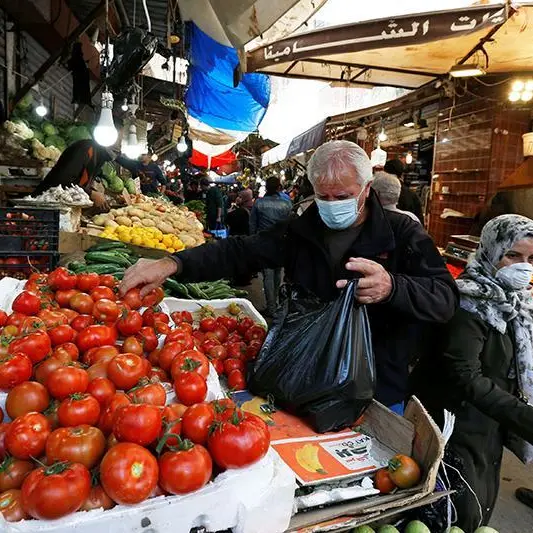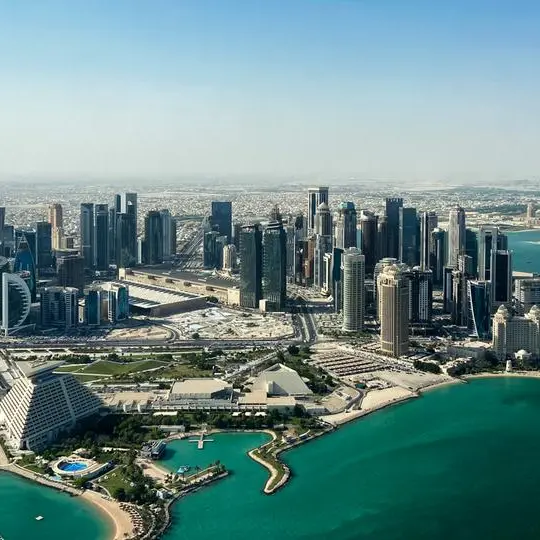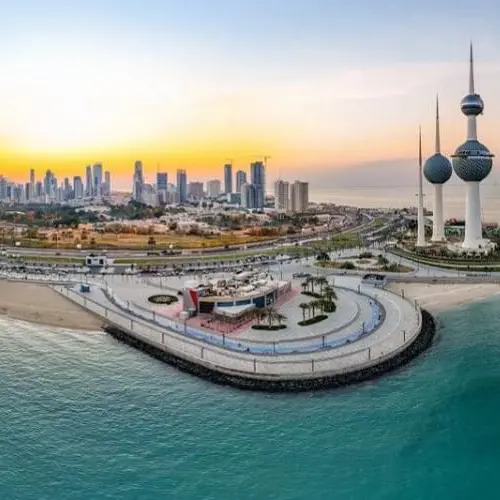PHOTO
DUBAI: The World Government Summit today launched a report entitled “Moonshot MENA: Making the Middle East the new cradle of innovation,” in partnership with Strategy& Middle East, part of the PwC network.
The report highlights the opportunities for the Middle East and North Africa (MENA) region to become a global force in innovation across a range of areas, including transforming energy into food, space exploration, healthcare, and climate technologies, while outlining critical elements that would be needed to achieve these aspirations.
The report notes that governments and private-sector companies in the region already have ambitious and large-scale development plans, such as Saudi Arabia’s Vision 2030 and the UAE’s Vision 2071, which seek to harness technologies to transform their economies into efficient and sustainable engines of prosperity.
As per the report, the MENA region faces so-called “wicked” challenges that are both complex and interrelated, notably including acute water scarcity, heavy dependence on imported food, and relatively high incidences of obesity, diabetes, and cardiovascular disease.
Addressing such challenges and harnessing the role of global leadership in future-oriented sectors will require a paradigm shift in the way regional leaders conceive ideas and transform them into tangible realities.
“Incremental change won’t be enough to meet the aspirations and potential that this region has,” said Dr. Yahya Anouti, Partner and ESG leader with Strategy& Middle East. “We need to foster a radically different and disruptive kind of thinking that we are calling ‘Moonshot MENA,’ if we are to marshal the resources and imagination needed to challenge the boundaries of technological possibility and human ingenuity,” he added.
Four Shifts Needed to Achieve Moonshot MENA
“Moonshot” is a reference to the NASA Apollo Programme, but it also applies to more recent world-changing milestones, including the rapid development of COVID-19 vaccines.
The report details four paradigm shifts that are needed to achieve such feats. They cover mindset, research, talent, and funding.
The four transformations needed for “moonshots” are indispensable, but in some ways, they are by-products of two foundational aspects: aspiration and urgency, the report found.
The aspiration is for the region to play a much more substantial global role in tackling key issues, from climate change to chronic disease. The urgency is based in part on intractable problems that the region faces currently, particularly including water scarcity, for which world powers are unlikely to come to the Middle East’s rescue in the event of crisis, the report found.





















